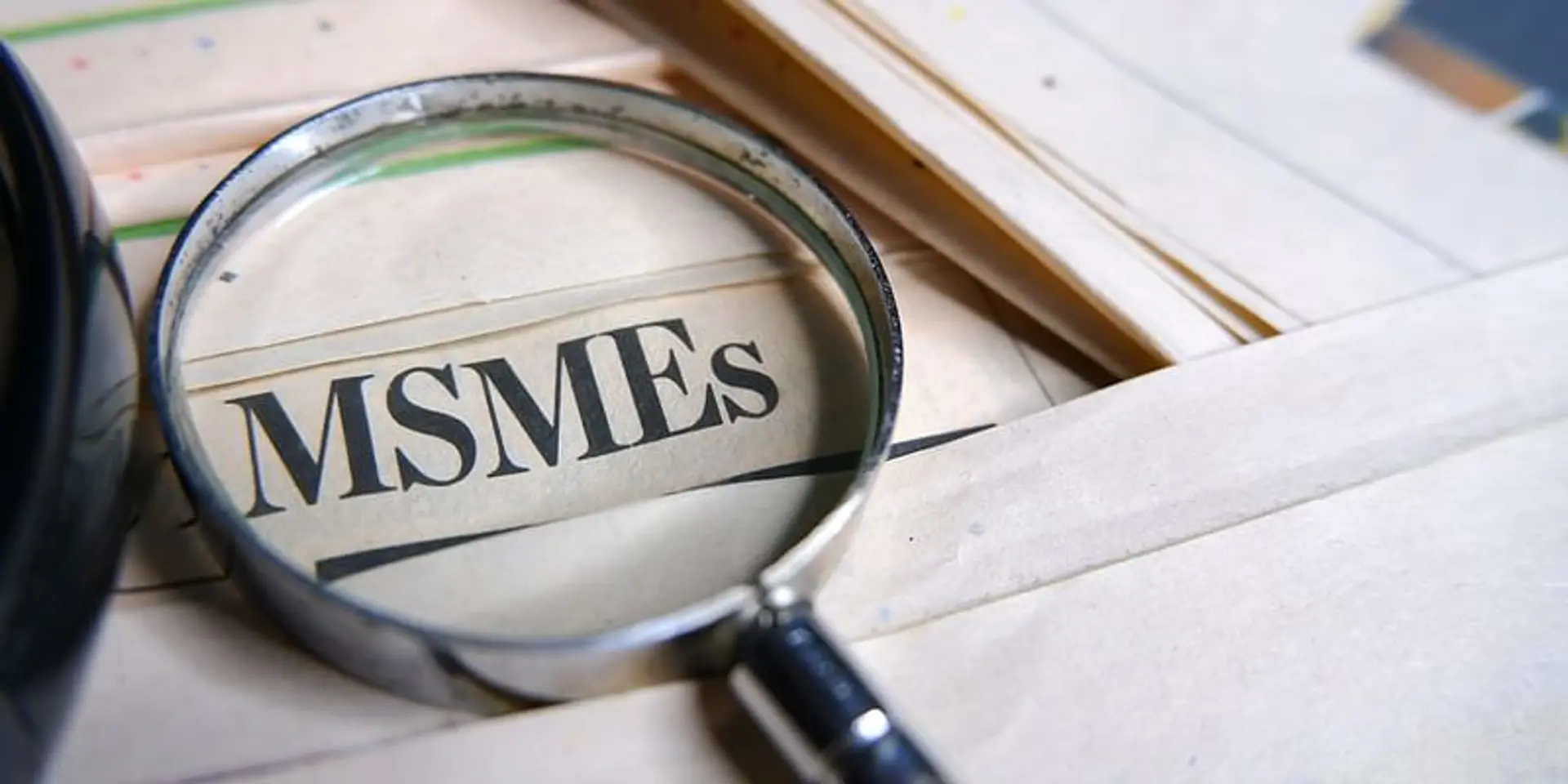India seeks exclusions for MSMEs from EU's carbon tax
The EU is introducing the Carbon Border Adjustment Mechanism (CBAM) from October 1 this year. The levy would impact the domestic industry in certain sectors.
India has sought exemption for its MSMEs from the European Union's carbon tax, which would kick in from October this year, as the levy would impact the domestic industry in certain sectors, Commerce Secretary, Sunil Barthwal said on Thursday.
The EU is introducing the Carbon Border Adjustment Mechanism (CBAM) from October 1 this year.
According to a report of the think-tank GTRI, CBAM would translate into a 20-30% tax on select imports into the EU starting January 1, 2026.
From October, domestic companies from seven carbon-intensive sectors, including steel, cement, fertiliser, aluminium and hydrocarbon products, will have to seek compliance certificates from the EU authorities to comply with the CBAM norms.
The secretary said that they held a stakeholders' consultations meeting on the issue last month and discussed the preparedness of the industry for CBAM compliance.
The compliance is in two parts: a requirement of filing data from October and later imposition of the tax.
The secretary also flagged the matter with the EU authorities during the Trade and Technology Council (TTC) meeting in Brussels last month.
"I told them that this is going to have an impact on our industry, particularly MSMEs. So, we are asking that if there is a possibility of any carve out for the MSME sector. We have asked them if there is any possibility (for this)...These discussions are going on," Barthwal told reporters here.
Both sides have agreed to discuss the issue.
According to the GTRI report, from October 1, India's iron, steel and aluminium exports to European Union countries will face extra scrutiny under the mechanism.
From January 1, 2026, the EU will start collecting carbon tax on each consignment of steel, aluminium, cement, fertiliser, hydrogen and electricity.
In 2022, India's 27% exports of iron, steel and aluminium products worth $8.2 billion went to the EU.
At the multilateral level, India and certain other countries have flagged their concerns to the World Trade Organisation (WTO) on CBAM. India submitted a paper on the subject to the WTO in February.
Edited by Affirunisa Kankudti







